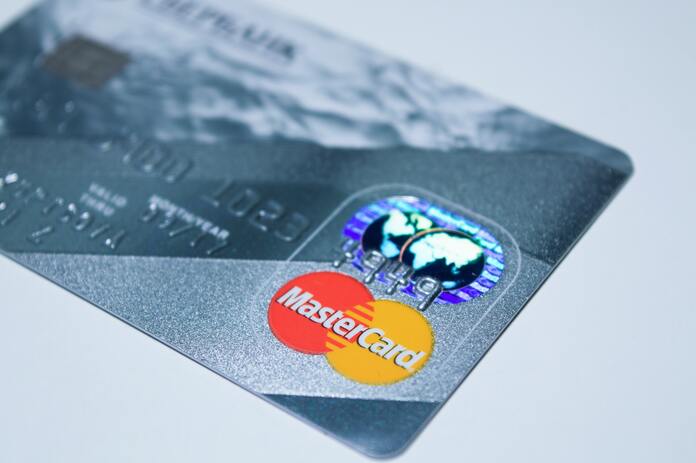Mastercard Incorporated (NYSE:MA) has collaborated with Uber Technologies, Inc. (NASDAQ:UBER) to launch the new Uber Pro Card in Canada, powered by Mastercard’s payment network. This partnership enables Uber drivers and delivery partners to receive free instant payouts after each trip or delivery, along with loyalty features on the Uber platform.
This collaboration is expected to increase the number of transactions processed by Mastercard, boosting its revenue. Partnerships like this one contribute to the increased adoption of Mastercard’s solutions, bringing the company closer to its goal of promoting digitization by empowering individuals and businesses to use digital payments. Prepaid business cards, such as the Uber Pro Card, represent a new payment flow for Mastercard, aiming to capture a larger share of the untapped market.
The Uber Pro card offers exclusive cashback benefits, allowing drivers and delivery partners to save up to 8% on EV charging and 4% on gas and other expenses. Mastercard is helping Uber provide app-based workers with instant access to their earnings, enhancing their experience and enabling them to scale their business as needed.
By introducing prepaid cards alongside its debit and credit cards, Mastercard is expanding its offerings. The prepaid card business is expected to grow significantly in the future, as it helps companies manage their expenses and enhances employee experience. Mastercard aims to leverage its unique products, like the Uber Pro Card, to drive financial inclusion. Prepaid cards, unlike traditional debit cards, do not require a bank account, enabling Mastercard to reach the unbanked population worldwide.
With the Uber Pro card, users can make seamless payments through their mobile wallets, transfer funds, earn rewards, and manage savings. The card is accepted at all Mastercard acceptance points, enhancing user convenience. Mastercard also provides built-in tools such as Mastercard Easy Savings and Easy Savings Specials for drivers and delivery owners.
Mastercard’s shares have gained 29.9% in the past year, outperforming the industry’s 21.4% growth.
Featured Image: Unsplash









